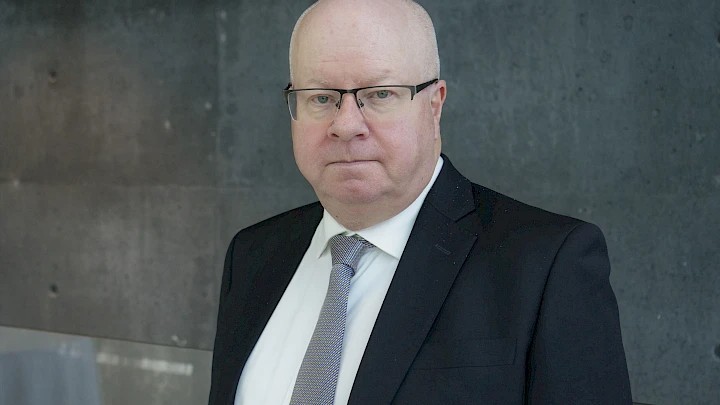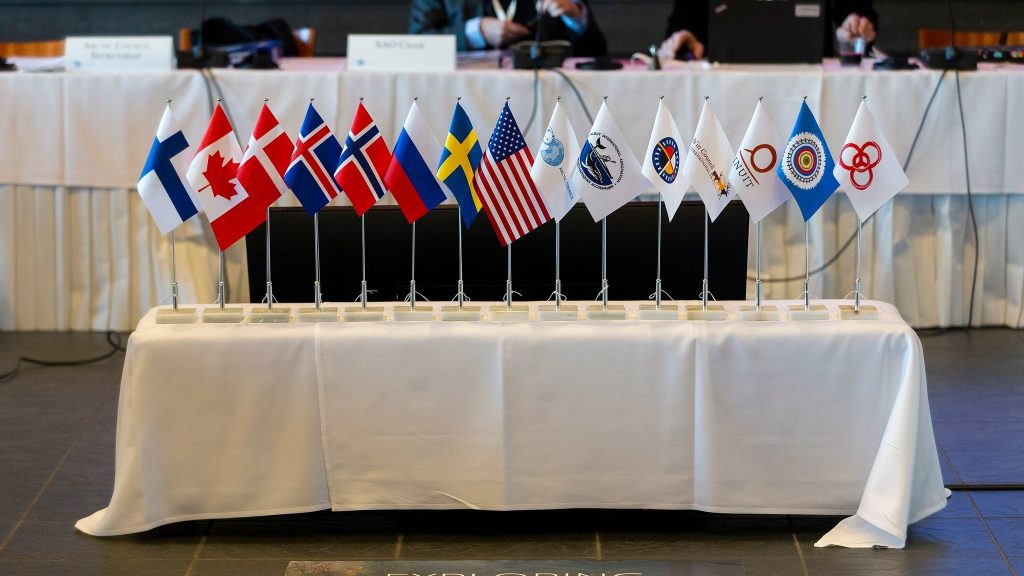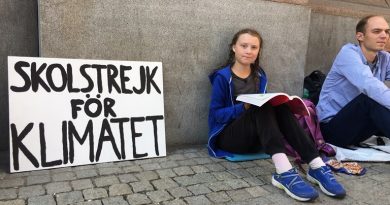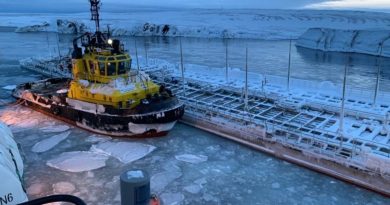Arctic Council charting way forward to resume work says Norwegian SAO

Norway remains committed to restarting the work of the Arctic Council, with a focus on reactivating its expert teams, according to the forum’s Senior Arctic Officials chair.
“Our primary focus of these first months was on finding a way forward that would allow the working groups to resume their important work,” Morten Høglund said in an interview posted Thursday on the Arctic Council website.
“As I mentioned in May: without functioning Working Groups, we don’t have a Council. This task was therefore quintessential for restarting the engine and taking a course forward.”
Norway assumed the two-year rotating chairmanship of the Arctic Council in May, over a year after Russian-Western cooperation within the forum broke down following Moscow’s invasion of Ukraine.
Co-operation breakdown
The Arctic Council, established in 1996, facilitates cooperation among the circumpolar states on sustainable development and environmental preservation. It consists of the eight Arctic states and six Arctic Indigenous groups, known as permanent participants.
In March 2022, the seven Western states (Canada, Denmark, Finland, Iceland, Norway, Sweden, and the United States) suspended their involvement in Arctic Council activities in protest of Russia’s actions in Ukraine, citing violations of the forum’s foundational principles, including sovereignty and territorial integrity under international law.

In June 2022, the Western states announced that they had resumed work on some projects, excluding those involving Moscow
Upon assuming the chairmanship this year, Norway signaled its main goal would be finding a way forward for the Arctic Council to continue its work.
Guidelines for restart established
The Arctic Council has six working groups, each consisting of experts dedicated to addressing specific northern issues, ranging from emergency preparedness to sustainable development and Arctic contaminants.
Høglund said an August 29 meeting with the states and Indigenous groups decided on guidelines to restart the working groups.
“This includes taking decisions on the way forward for their work, such as proposing new projects that address continued and emerging issues in the Arctic,” he said. “They are also able to resume their collaboration with Observers and external experts that provide vital contributions to the Council’s project work.
“With the guidelines in place, I’m looking forward to continuing discussions on the further resumption of Arctic Council activities in the coming months.”
The Arctic Council Secretariat confirmed to Eye on the Arctic on Friday that all eight Arctic States and six Permanent Participants, including the Russian Federation and the Russian Association of Indigenous Peoples of the North (RAIPON), were part of the guideline consensus.
Write to Eilís Quinn at eilis.quinn(at)cbc.ca
Related stories from around the North:
Canada: Northern premiers say Canada can’t have Arctic security without infrastructure, The Canadian Press
China: Satellite imagery reveals construction progress on new Chinese Antarctic base, Eye on the Arctic
Denmark: Danish policy prioritizes low-conflict Arctic amidst Russian tensions, Eye on the Arctic
Iceland: Icelandic embassy suspends operations in Moscow, Eye on the Arctic
Norway: Svalbard’s travails in a changing Arctic, Blog by Marc Lanteigne
Russia: Russian inner bastion exercise overlaps into Norwegian economic zone, The Independent Barents Observer
Sweden: US bombers land in northern Sweden for first time, Radio Sweden
United States: Russian, Chinese vessels near Alaska reminder of ‘new era of aggression’: Senators, Eye on the Arctic



